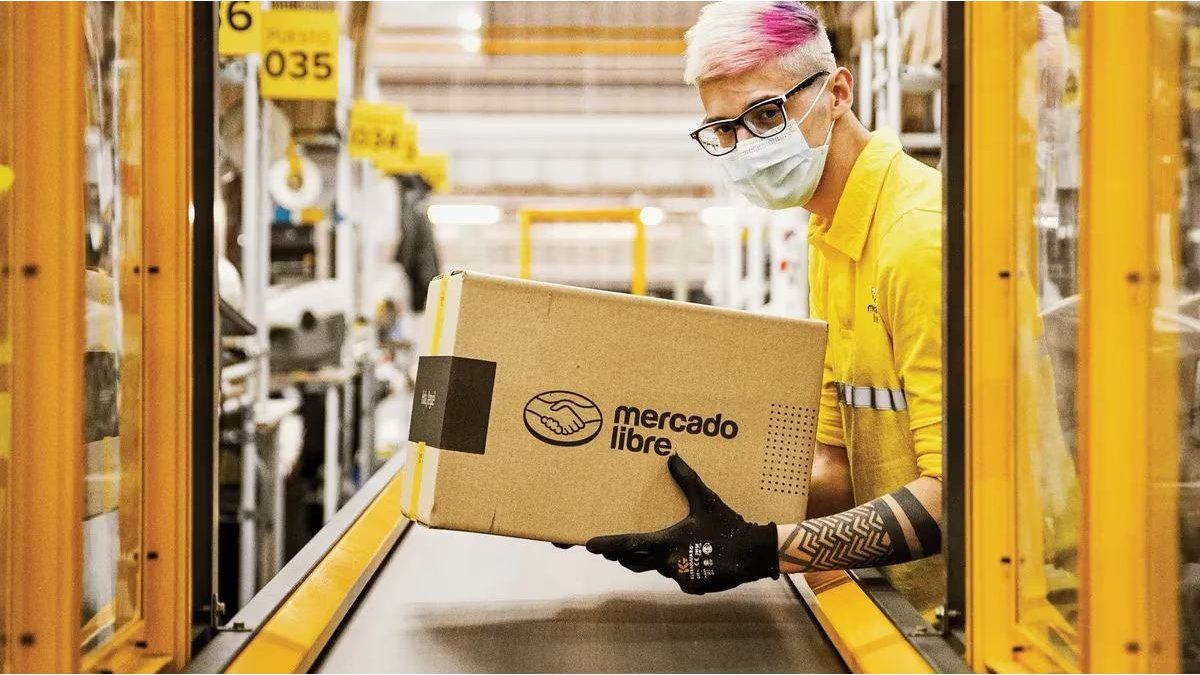The plan of fiscal adjustment that the Lula Da Silva government announced in Braziladded to the devaluation of the real, combined to strike a hard blow to Mercado Libre shareswhich fell almost 10% since the battery of measures against the public deficit in that country was announced.
The ecommerce platform founded by Marcos Galperin It stopped having Argentina as its main market a long time ago. Currently it is Brazil, which represents 55% of your income. Argentina fights quarter by quarter with Mexico for second place on the Latin American map.
Lula’s new fiscal program foresees cuts of almost US$12,000 million throughout 2025with high tax pressure on the income of the middle and upper sectors, which are precisely those that make up the critical mass of Mercado Libre users.
Financial analysts from the main investment banks warned that this adjustment can cause a drop in sales for the regional ecommerce giant, although for the moment they maintained their value forecasts at constant levels.
This uncertainty was reflected in the share price, which was trading at $19,600 on the day the adjustment plan was announced (November 27), and fell 9.1% to $17,750 on Tuesday, December 3.
The impact of the devaluation of the real on dollar costs
But another element that played against the interests of Mercado Libre shareholders is the devaluation of the realwhich is breaking historical records of parity with the dollar, while making imports more expensive and improving competitiveness for exporters.
The damage to Mercado Libre has to do with the increase in its costs in dollars since more than half of its income is in reais but it has dollarized operating expenses, in addition to the increased cost of imports of products it sells through its platform.
The relevance that Brazil took on Mercado Libre’s regional operations is evident from the announcements it has been making since the beginning of this year.
Last March he anticipated that planned to invest in Brazil a record amount of US$4.6 billion during 2024with a growth of 21% against the 2023 investment.
Meanwhile, in August he specified the inclusion of cryptocurrencies in its platformopening for its entire user base in Brazil the possibility of buying and selling the Meli Dólar stablecoin, a stablecoin that offers a new financial option to those who use the platform in that country.
In any case, despite the volatility it faces in its main market, analysts stock outlook remained stable of the e-commerce platform. Entities such as HSBC, Safra and BTIG maintained purchase recommendations based on the positive data that MELI exhibited in the third quarter of the year, when it also committed deepen its investment plan to guarantee leadership in the region.
Source: Ambito
I am an author and journalist who has worked in the entertainment industry for over a decade. I currently work as a news editor at a major news website, and my focus is on covering the latest trends in entertainment. I also write occasional pieces for other outlets, and have authored two books about the entertainment industry.




